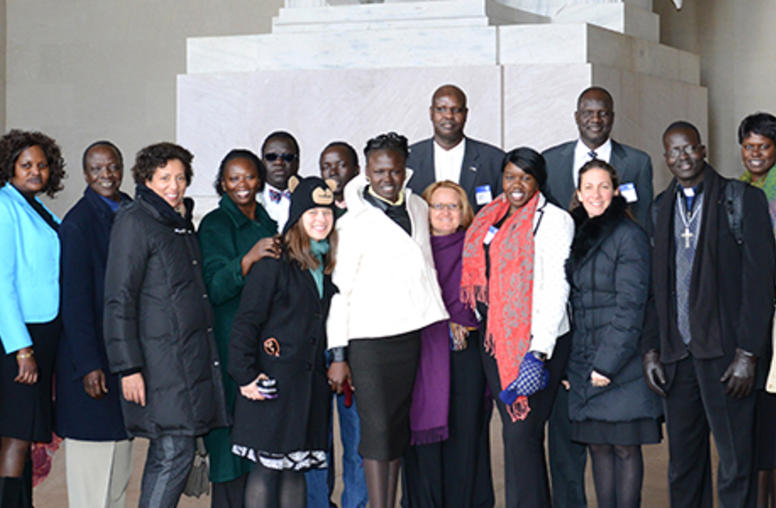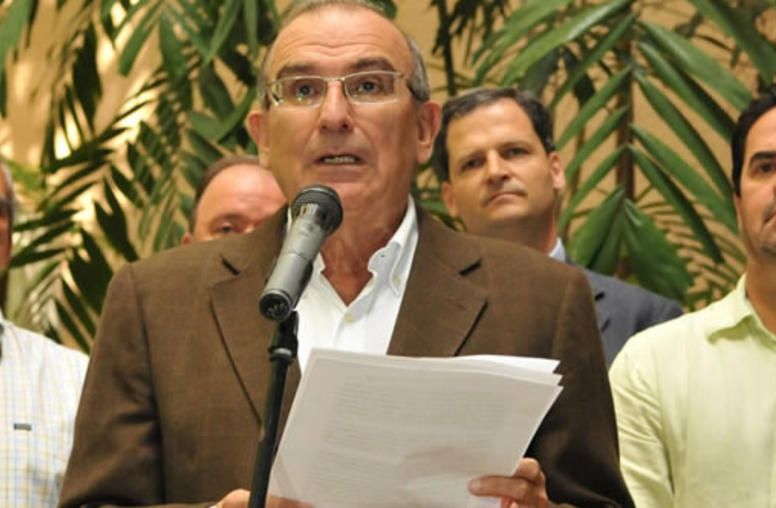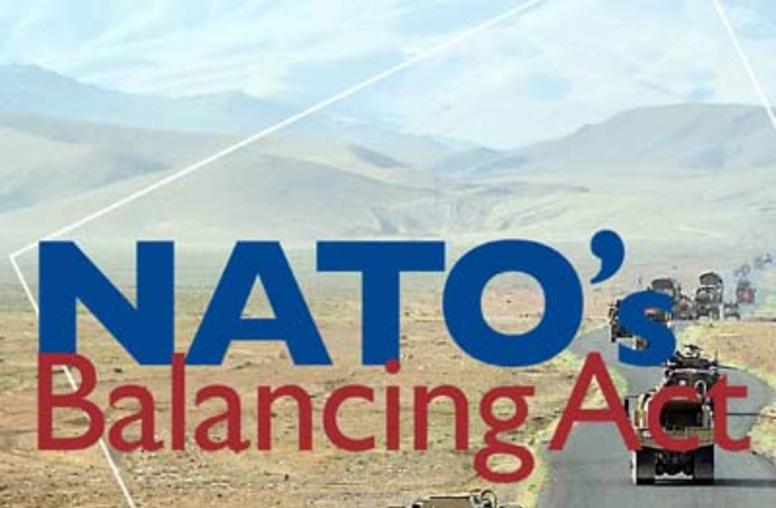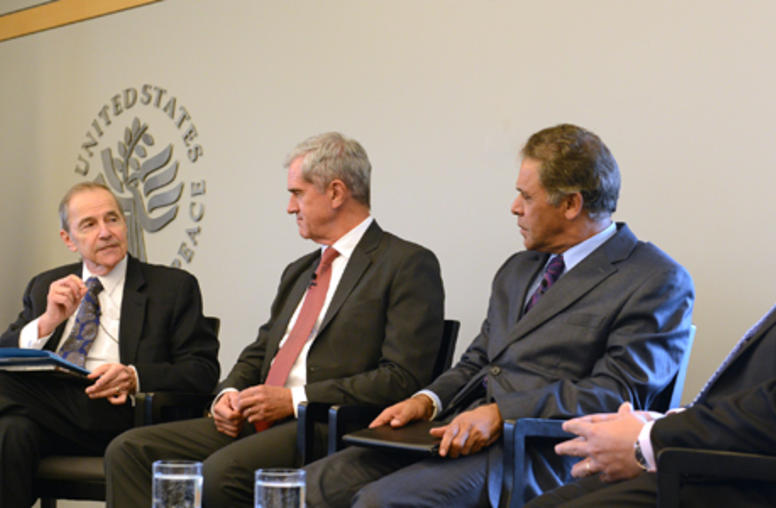Conducting Track II Peacemaking
Please join us for a discussion with seasoned practitioners, policymakers, and scholars as we launch “Conducting Track II Peacemaking,” the seventh and latest publication in USIP’s “Peacemaker’s Toolkit” series. Each handbook focuses on a particular facet of the mediator’s trade, distilling practical guidance from a wealth of experience and expertise. All are available online at no cost and can be downloaded from the USIP Web site. Additional handbooks will be appearing in coming months.
Formal Track I peace processes conducted between government officials and armed groups are increasingly accompanied by a range of unofficial dialogues and problem-solving activities known as Track II peacemaking. The latter typically involves influential academic, religious and NGO leaders and other civil society actors who can interact more freely than high-ranking officials in support of an official peace process. How can these two tracks of activity (and other forms of unofficial engagement) complement each other in ways that will lead to more successful outcomes? What do we know about the nature and sequencing of such activities? What are the challenges, benefits, and potential pitfalls of conducting Track II diplomacy?
Please join us for a discussion with seasoned practitioners, policymakers, and scholars about these and other related questions as we launch “Conducting Track II Peacemaking,” the seventh and latest publication in USIP’s “Peacemaker’s Toolkit” series. Each handbook focuses on a particular facet of the mediator’s trade, distilling practical guidance from a wealth of experience and expertise. All are available online at no cost and can be downloaded from the USIP Web site. Additional handbooks will be appearing in coming months.
Speakers:
- Guy and Heidi Burgess
Co-Authors, “Conducting Track II Peacemaking”
Co-Directors, Conflict Information Consortium
University of Colorado
- Ronald Fisher
Director, International Peace and Conflict Resolution
The American University
- Chester Crocker
James R. Schlesinger Professor of Strategic Studies
Georgetown University
- David Smock, Moderator
Senior Vice President
United States Institute of Peace
Explore Further
- “Conducting Track II Peacemaking”
December 2010 | Practitioner Tool by Heidi Burgess and Guy Burgess - Read more about the Peacemakers' Toolkit and download other handbooks in the series



